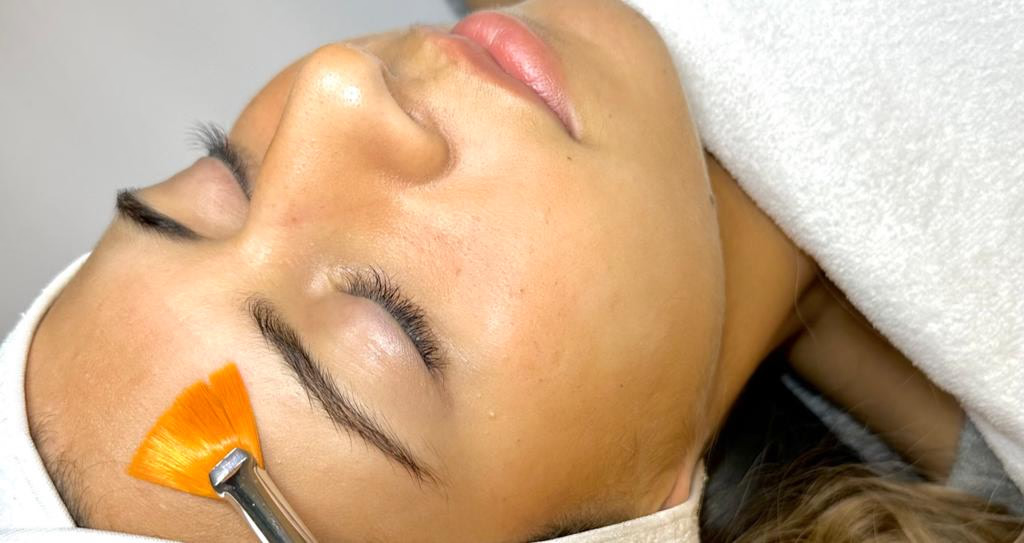huidTherapie.face.peeling.intro.p1.title
huidTherapie.face.peeling.intro.p1.text
huidTherapie.face.peeling.intro.p2.title
huidTherapie.face.peeling.intro.p2.text
huidTherapie.face.peeling.intro.p3.title
huidTherapie.face.peeling.intro.p3.text
huidTherapie.face.peeling.intro.p3.items.1huidTherapie.face.peeling.intro.p3.items.2huidTherapie.face.peeling.intro.p3.items.3huidTherapie.face.peeling.intro.p3.items.4huidTherapie.face.peeling.intro.p3.items.5huidTherapie.face.peeling.intro.p3.items.6huidTherapie.face.peeling.intro.p3.items.7huidTherapie.face.peeling.intro.p3.items.8📞 Call us or 📅 book your appointment online today!




